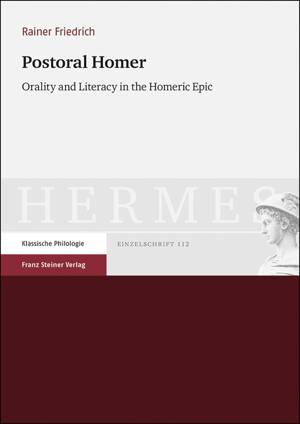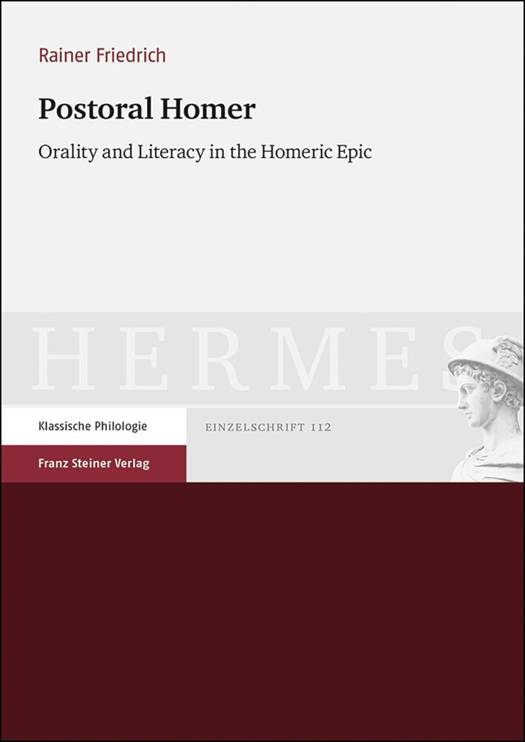
- Afhalen na 1 uur in een winkel met voorraad
- Gratis thuislevering in België vanaf € 30
- Ruim aanbod met 7 miljoen producten
- Afhalen na 1 uur in een winkel met voorraad
- Gratis thuislevering in België vanaf € 30
- Ruim aanbod met 7 miljoen producten
Zoeken
Omschrijving
Milman Parry's comparative study of Homer and Southslavic oral song had demonstrated the existence of an oral tradition behind and within the Homeric Epic, thus establishing an indisputable link between Homer and oral poetry. Yet its exact nature has remained a moot point. For equally indisputable is the fact of the coexistence of oral and literate features within the Homeric Epic. Thus not behaving as either a straight oral song or as a straight literate text tout court, the Homeric Epic calls into question the prevailing Parryist axiom of the oral Homer. The link between Homer and oral poetry has thus become an open question again: it is, in fact, the New Homeric Question that turns on the roles of orality and literacy in the genesis of the Homeric Epic. To clarify it this book experiments with a third term: postorality. As a postoral poet, having initially been trained as an oral bard absorbing the Hellenic oral tradition, Homer would have acquired literacy in the course of his career as an oral singer. It enabled him to widen, deepen, and refine his epic art, thereby giving rise to an epic as complex and unique, in terms of structure, characterization, and intellectual substance, as the Iliad.
Specificaties
Betrokkenen
- Auteur(s):
- Uitgeverij:
Inhoud
- Aantal bladzijden:
- 276
- Taal:
- Engels
- Reeks:
- Reeksnummer:
- nr. 112
Eigenschappen
- Productcode (EAN):
- 9783515120487
- Verschijningsdatum:
- 4/04/2019
- Uitvoering:
- Paperback
- Formaat:
- Trade paperback (VS)
- Afmetingen:
- 170 mm x 242 mm
- Gewicht:
- 458 g

Alleen bij Standaard Boekhandel
+ 322 punten op je klantenkaart van Standaard Boekhandel
Beoordelingen
We publiceren alleen reviews die voldoen aan de voorwaarden voor reviews. Bekijk onze voorwaarden voor reviews.








